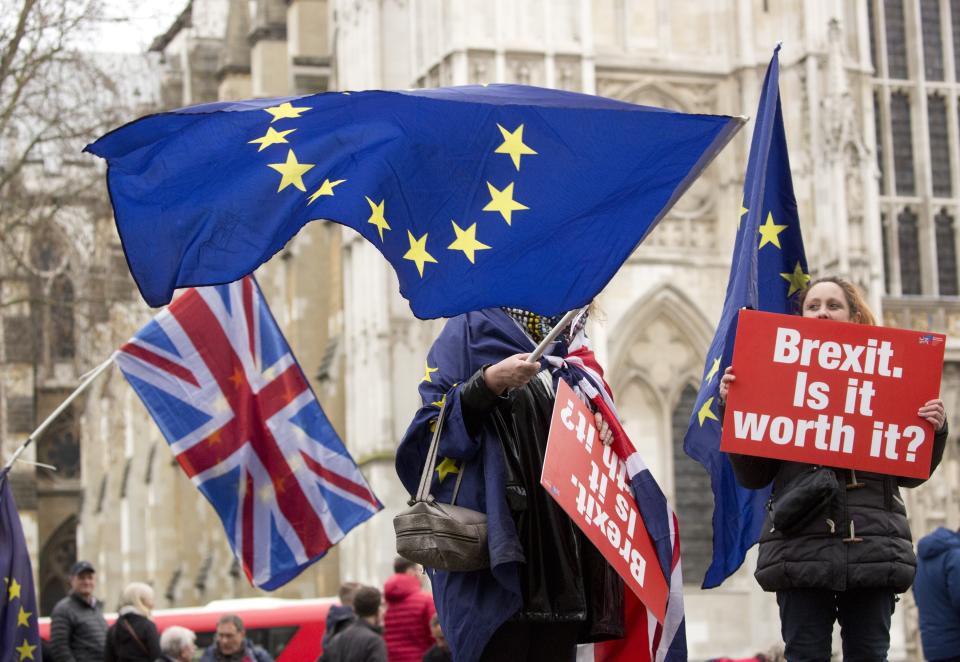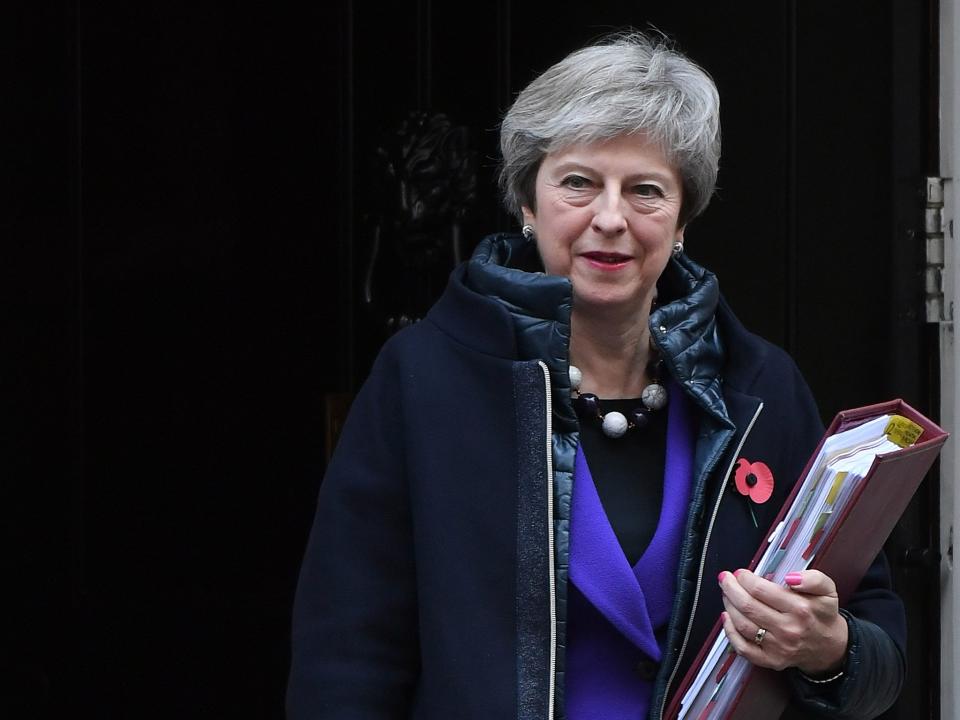54% of Brits now back Remain, according to biggest Brexit poll since EU referendum

Britain would vote to remain in the European Union if there was another Brexit referendum, according to the largest poll on the issue carried out since the vote.
Analysis found that 54% of people would now back staying in the EU compared to 46% who would vote for Brexit.
The poll carried out by Survation and Channel 4 quizzed 20,000 people, finding that 105 local authority areas that voted Leave in 2016 would support Remain.
The last Survation poll carried out before the June 2016 referendum wrongly predicted that Remain would achieve 52% of the vote.
But Channel 4 claims that this latest survey uses a more sophisticated technique known as ‘multi-level modelling’, which correctly predicted the outcome of the 2017 General Election.
The full data for @Channel4's “Brexit: What The Nation Really Thinks” is now available on our site, complete with an interactive map of current modelled leave vote by local authority: https://t.co/QhVBvQrZAt pic.twitter.com/BpTPS7euET
— Survation. (@Survation) November 5, 2018
The survey also found that voters would prefer staying in the EU to a no-deal Brexit, at least temporarily.
In a no-deal situation 35% believe Britain should remain in the EU, 19% would want to delay leaving to allow more time for talks, and 36% would wish to quit without an agreement.
The poll showed scant support for Theresa May‘s Brexit strategy, with only 26% saying they would accept her deal if it was put to a vote.

The survey asked: “From what you have seen or heard so far, if there was a vote tomorrow on the type of Brexit deal the UK Government is aiming to achieve from the EU, how would you be likely to vote?”
26% said they would accept the deal, 33% said they would reject it, and 34% opted for ‘don’t know’.
Justice Secretary David Gauke told the Channel 4 programme that revealed the results: “If we leave on no deal terms there’s is no good shying away, it will be very bad for us economically.
“If we can get a good deal, and that means removing all the frictions. The Chequers-type deal, as I say, if we don’t have friction with trade, then, economically, I don’t think it’s going to make a particular big difference one way or the other.”
The results come as the Prime Minister chairs a cabinet meeting this morning during which she is expected to tell ministers she wants a deal agreed by the end of the month.
She faces the challenge of persuading Eurosceptics to support her proposal for an Irish backstop, which would see the whole of the UK staying in a temporary customs union with the EU.
The EU is insisting that the backstop must not be time limited and should last until an agreement is reached that would prevent a hard border between Ireland and Northern Ireland.
Brexiteers argue this could see Britain forced to obey the EU’s rules indefinitely and unable to strike independent trade deals.

 Yahoo News
Yahoo News 
